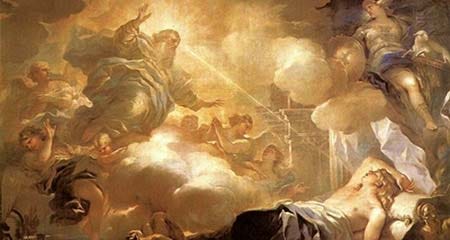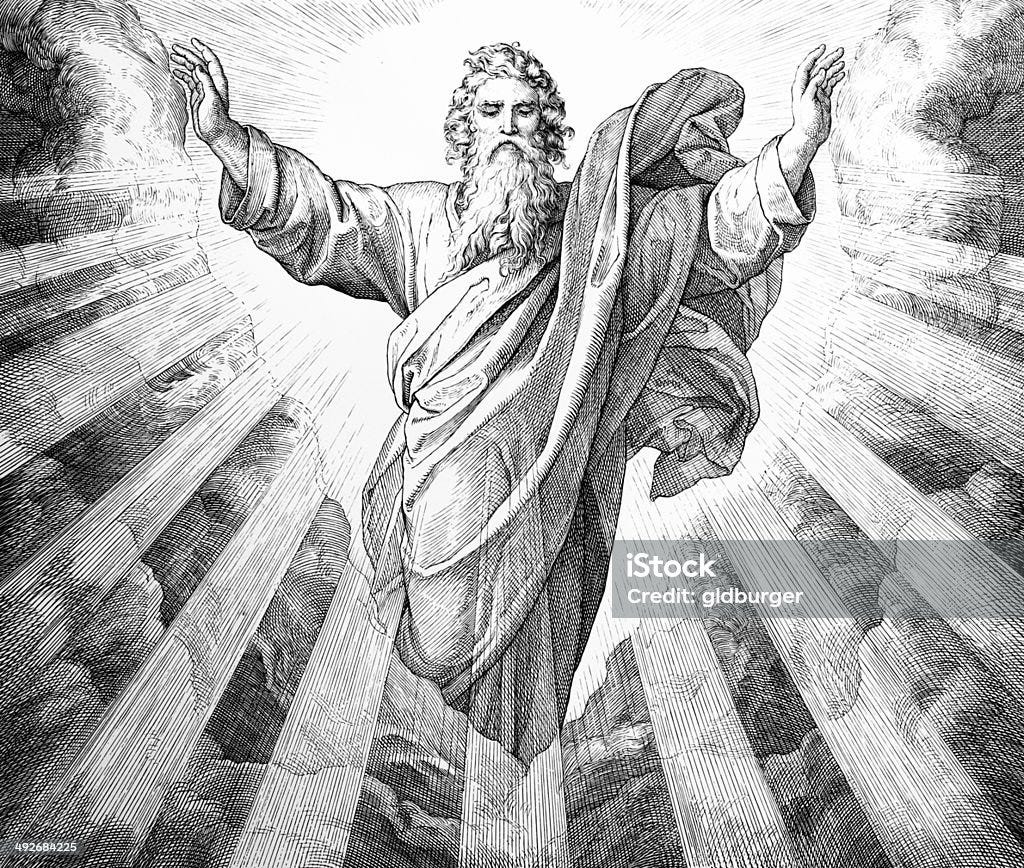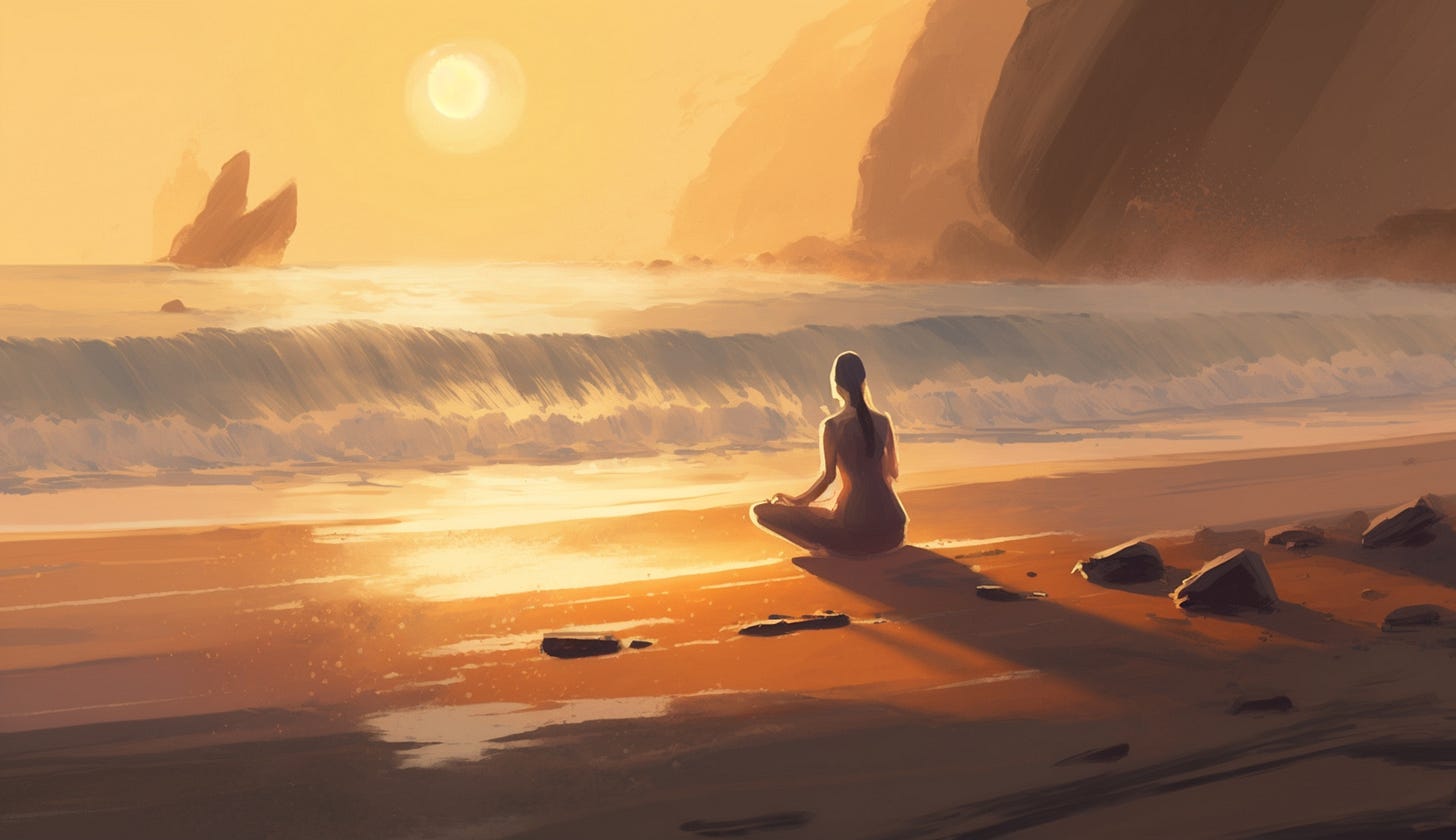I unlike most, I people have never stayed in one place for long. My life has been episodic. Lots of travel, new entrepreneurial ventures, new career endeavors, many cities visited. My mind is stuffed with places and people who came and went, and I always wonder what happened to them.
How did they finally end up? What did they spend their life doing? Are they still alive, even? It’s a powerful drive, this curiosity. They just appeared. made an impression on my brain, and disappeared, and where are they now?
I am solidly into septuagenarianism (yes, it’s word) The average American will meet 10,000 people in their lifetime. Of course, we won’t get close to most of them, but the ones we did have a relationship with, all those people that shared this life with are in us, we’ll never know what happened to them. Or will we when we “shuffle off this mortal coil?”
I’ve been getting into Alan Watts a lot lately. He’s the 60’s 70’s guru on Eastern thought and religion, especially Buddhism, Zen, Tao and Hinduism, Eastern philosophies and religions that vastly different from our Western Abrahamic religious beliefs (Christian, Jewish, Muslim), which believe there is one constructor of the universe (with a beard) who watches over us constantly and judges us and intercedes in our lives. There are about 400 hours of his Watts on YouTube.
Luca Giordano - Dream of Solomon
According to Eastern viewpoint especially sects of Buddhism, if we could silence our minds, we would discover that we are the world. We are linked with all things and all people. “I am you and you are me, and we are all together.” We might even be “the walrus.”
The universe is conscious, and not only am I in it, I am it, just like you are. We are it, just two eyes peeking out from this consciousness helping it to discover itself. We pop out of it, and when we run our course, we pop back into it. It’s also is part of a “transcendentalist” philosophy” like Ralph Waldo Emerson’s “oversoul.”
Or Carl Jung's theory of the collective unconscious. He believed that human beings are connected to each other and their ancestors through a shared set of experiences. We use this collective consciousness to give meaning to the world. Not quite the same, but close
Image by vecstock on Freepik
I have shifted to this philosophy on life. It makes much more sense, and is much more calming. Worrying about heaven or hell is such a bitch, and like George Carlin said, “There is no up there, up there.”
I love the song by the Traveling Willbury’s, “It’s All Right,” especially the verse,
Maybe somewhere down the road aways (at the end of the line)
You'll think of me and wonder where I am these days (at the end of the line, of the line)
Maybe somewhere down the road when somebody plays (at the end of the line)
Purple haze
End of the Line - Traveling Willbury’s
I’m sure everyone in his/her later years remembers someone they were close to that had slipped out of memory suddenly pop up. A lost love, a friend who died, a great playmate, an old co-worker or boss…someone. It happens to me a lot in my dreams.
I have very lucid dreams that take place in a city in my mind. I know the streets. This city reoccurs continually. I’ve had many experiences and visited many lost friends and people have populated the dreams.
I only know it’s dream when I go look for my car, which I cannot find. I can’t remember where I parked.
I have to wonder if I’ve entered into a different dimension. Is the dream is just another reality. So bizarre. Having an adventure with someone from the past who you haven’t thought about in years.
This is not a new concept. People have wondered about this, written poems, books and made movies about it. Pretty much anyone who speaks Spanish knows the quote from Calderon De La Barca’s ¿Qué es la vida?
¿Qué es la vida? Un frenesí. ¿Qué es la vida? Una ilusión, una sombra, una ficción; y el mayor bien es pequeño; que toda la vida es sueño, y los sueños, sueños ..
“What is life? A madness. What is life? An illusion, a shadow, a story. And the greatest good is little enough: for all life is a dream, and dreams themselves are only dreams.”
And at the end of line, that might be where we might end up.. in a dream. Or maybe we’re already in.
God Engraving by the German painter Julius Schnorr von Carolsfeld (March 26, 1794 - May 24, 1872)
https://en.wikipedia.org/wiki/Alan_Watts There are about 400 hours of his Alan Watts talks on YouTube
Music video by The Traveling Wilburys performing End Of The Line. (C) 2007 T. Wilbury Limited. Exclusively Licensed to Concord Music Group, Inc.







Lou, I'm enjoying your posts. You have a wonderful gift for words. I find myself nodding in agreement with you and thinking, I wish I had said that, but the thoughts in my mind seldom come out of my mouth the way I want them to. In high school, we had the wrestling mat in common, but having not spoken with you since graduating, I realize we have a lot more in common. I'm glad we reconnected!
Watts has a few hundred hours of talks on YouTube. No reading necessary. Very interesting guy and strange way he died.